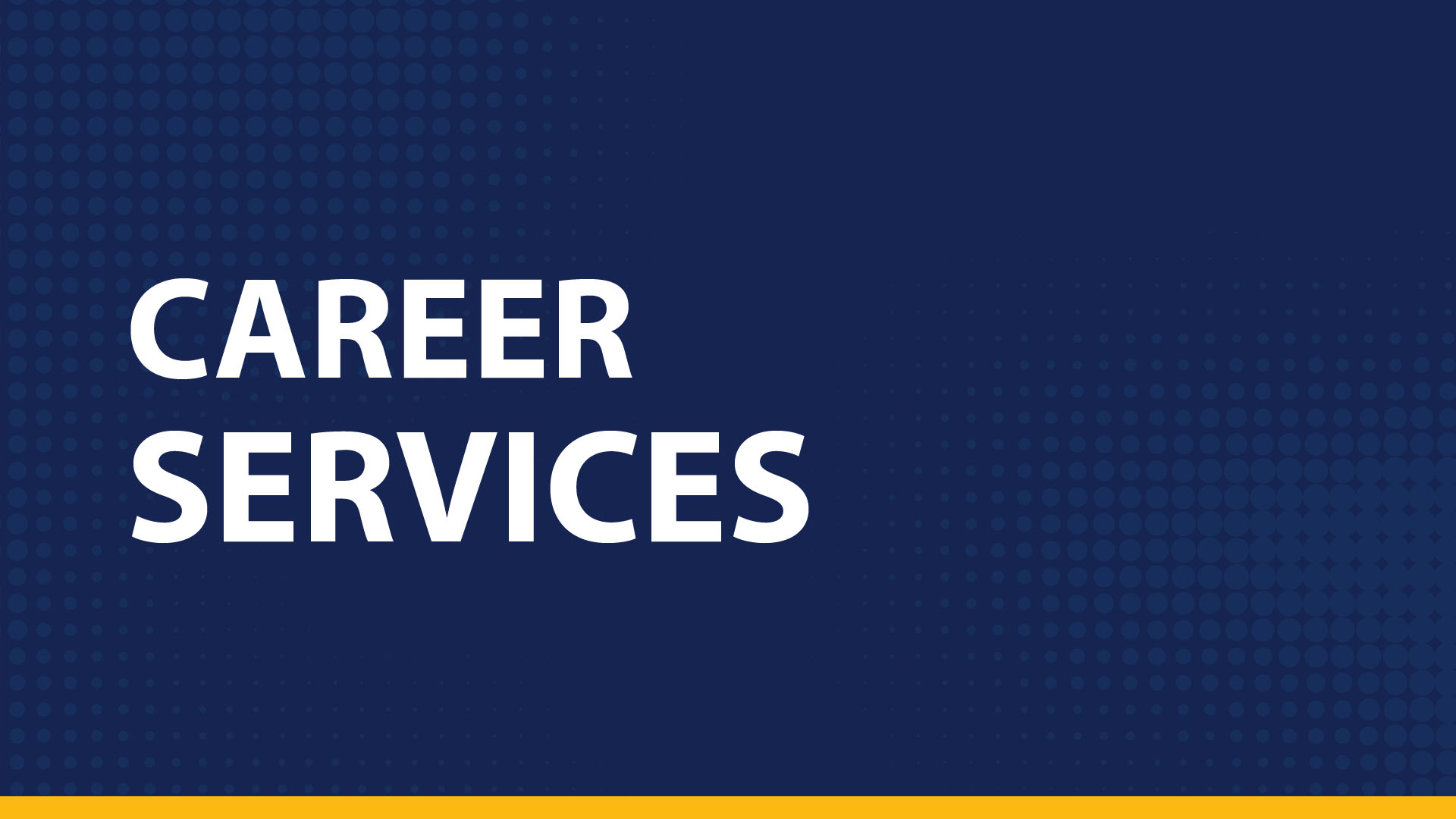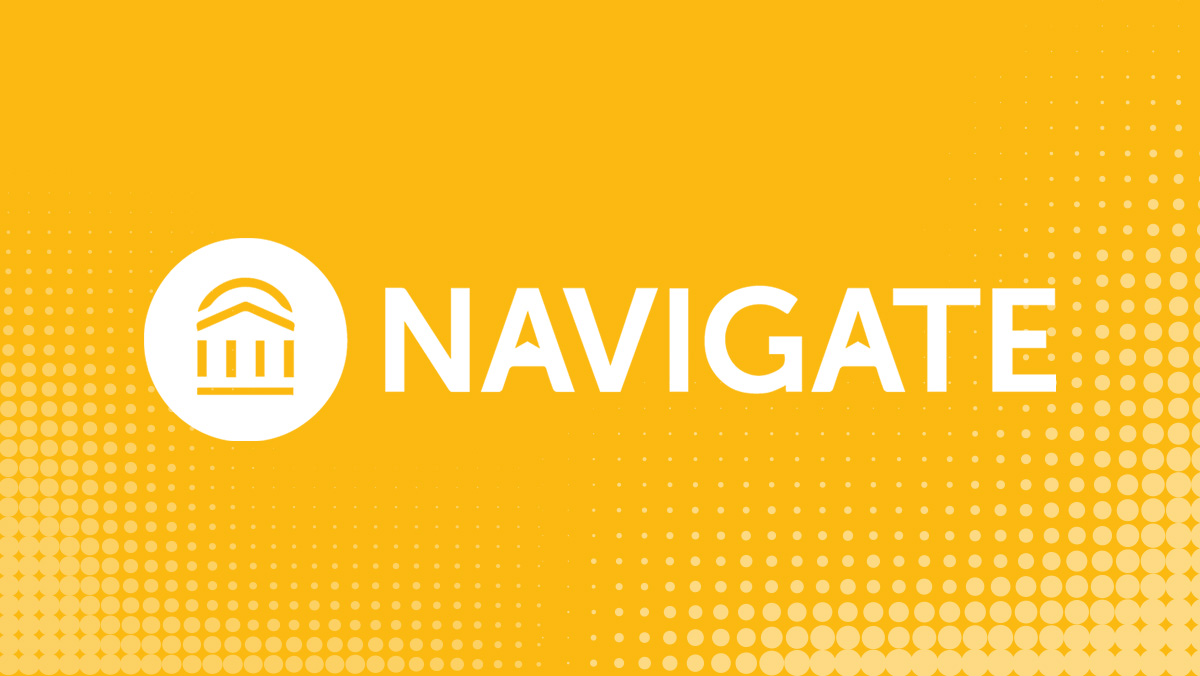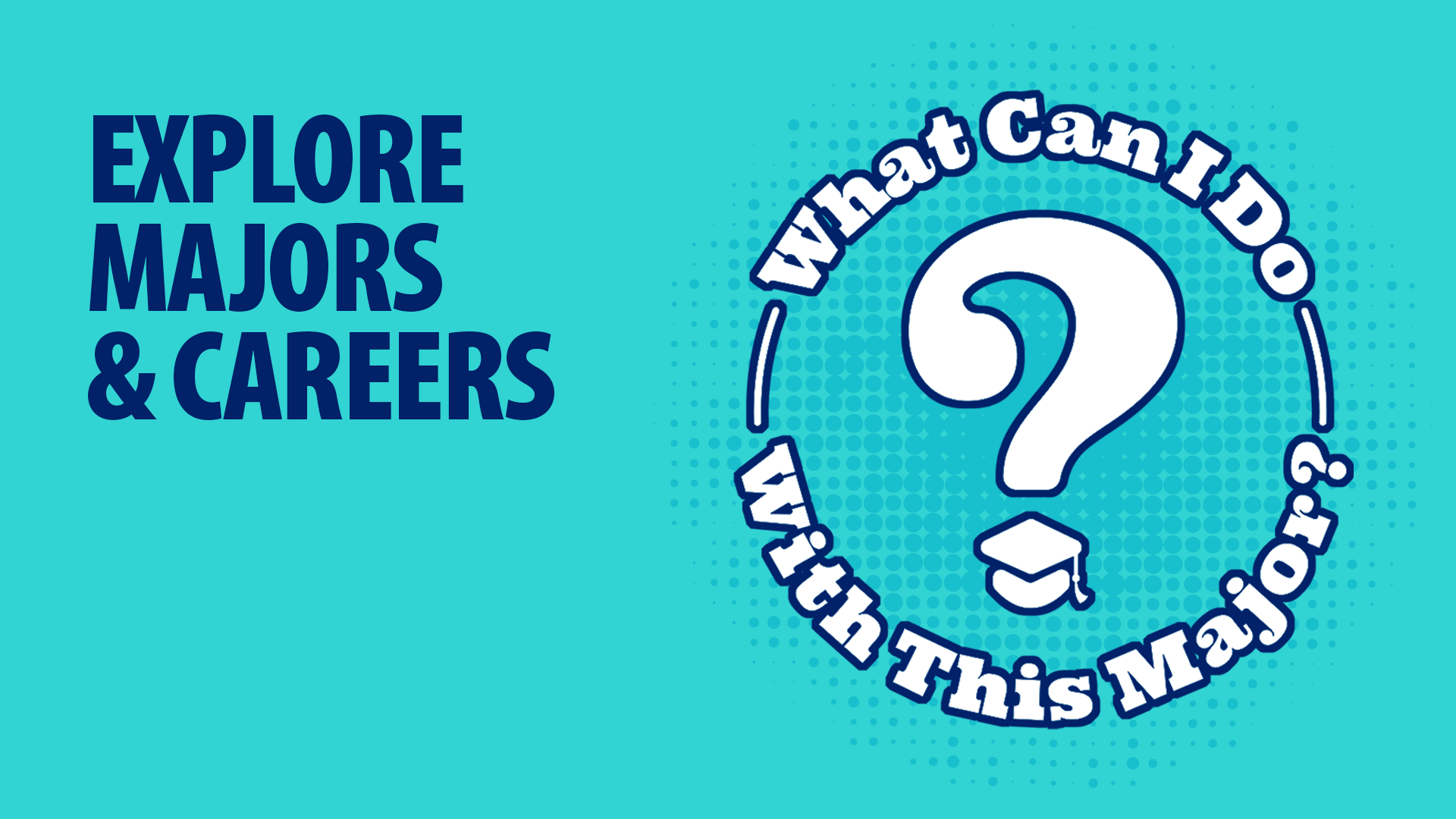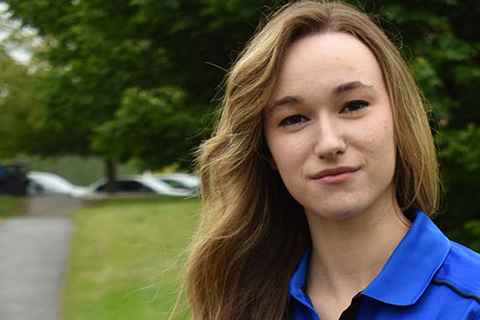Liberal Arts Associate Degree
Broaden Your Career Horizons with an Associate Degree in Liberal Arts from NECC
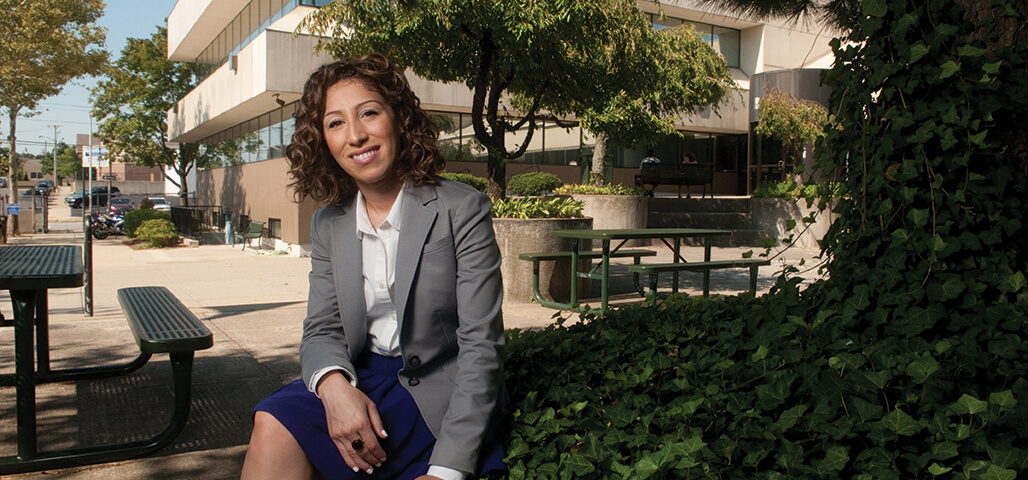
Why pursue a degree in Liberal Arts?
Do you like to learn about the world around us and solve problems through reasoning? If so, NECC’s Associate Degree in Liberal Arts will help you explore various subjects and unleash your inner potential, giving you a versatile liberal arts education that will serve you well.
Empowering the Next Generation of Critical Thinkers
At NECC, our Associate Degree in Liberal Arts courses offer a mix of classroom instruction, workshops, and mentoring opportunities, giving you a solid foundation across several areas, including math, writing, history, social and behavioral sciences, technology, science, literature, and the humanities. Many of our Liberal Arts students use their associate degree elective courses to get a head start on a bachelor’s degree in their chosen field.
Upon program completion, you’ll have gained the skills and knowledge necessary to pursue a career in a wide range of fields, including education, law, business, sociology, psychology, the creative arts and more. You’ll also have the option of transferring credits towards a bachelor’s degree at one of our partner colleges or universities, saving you thousands of dollars on your education!
Ready to explore where your creativity and passion can take you?
What you’ll get from our Liberal Arts program
Unleash Your Inner Potential. Achieve Your Career Dreams
Immerse yourself in all things Liberal Arts, where you’ll get to learn how to develop your research, decision making, communication, and problem solving skills—essential qualities to succeed in any profession. You’ll gain real-world experience through tailored career workshops and mentoring opportunities led by NECC alumni and other professionals in the community, proving that following your career dreams can lead to something truly remarkable!
Do Cool Stuff, Not Just Homework
Forget about endless lectures. We’re talking about interactive classes and workshops where you practice what you’ve learned in real-life scenarios, as well as projects that connect you with professionals in the community.
Gear Up for a Great Career in Your Chosen Field
At NECC, we’re here to help you build a skill set that’s in demand. Whether you see yourself as the next great administrative assistant, court mediator, human resources assistant, or other professional opportunities, we’ve got you covered. While guiding you every step of the way, our experienced instructors will show you how to:
 Learn critical thinking skills to solve complex problems
Learn critical thinking skills to solve complex problems- Improve your written and oral communication skills
- Explore multiple academic areas, expanding your range of knowledge
- Apply principles of social justice and civic responsibility
- Use cultural knowledge to enhance collaboration
- Connect with a variety of extracurricular activities for students in all fields
- Participate in career workshops and mentorships led by alumni and other professionals in the community
- Utilize NECC resources to succeed, including computer labs, tutoring centers, and career and academic advisors
Your Schedule, Your Rules
Juggling life, work, and study? No sweat. With a mix of online and on-campus options, NECC makes it easy for you to fit study into your life, not the other way around. Once you’ve completed our Liberal Arts Associate Degree program, you’ll have the option of applying those credits towards a Bachelor’s Degree in Liberal Arts, Business, Education, Sociology, or another field at a four-year institution.
Where this journey can take you
In many ways, starting out with an AA in Liberal Arts from NECC is an advantage, giving you a solid foundation to build upon when starting a career or pursuing a bachelor’s degree in your dream field.
If you’re already employed, our associate degree program will empower you to enhance your skills within your current position or prepare you to take on additional roles and responsibilities.
 Imagine yourself serving in one of these professional roles:
Imagine yourself serving in one of these professional roles:
- Ensuring orderliness in the workplace as an Administrative Assistant
- Enhancing the customer experience as a Customer Service Representative
- Improving team morale and productivity as a Human Resources Assistant
- Managing all sales process aspects as an Advertising Sales Agent
- Streamlining operational efficiency as an Office Manager
- Resolving legal disputes amicably as a Court Mediator
- Helping students achieve their learning goals as a Tutor
Why choose NECC for your Liberal Arts degree?
We Get It
At NECC, inspiring our students to succeed is our top priority. Modern, relevant, and engaging, our Liberal Arts Associate Degree courses are designed with you in mind.
NECC’s dedicated faculty and staff help students develop the skills they need to advance in the workforce or transfer to a four-year college or university. Our small class sizes ensure personalized attention and support, empowering students to thrive academically. We also offer a variety of student support services, including tutoring, counseling, and academic advising.
With over 60 credit programs, two convenient campuses, robust student support services, and a vibrant student life, NECC is committed to providing an affordable, accessible, and high-quality education for all.
Learn from the Pros
Our instructors aren’t just teachers. They’re experienced professionals who live and breathe Liberal Arts.
Experience Beyond the Classroom
At NECC, it’s not just about earning a degree. It’s about building a network, finding your tribe, and acquiring the tools necessary to chase your dreams. Our Haverhill and Lawrence campuses are home to a diverse range of clubs and organizations and activities that help students connect with peers who share similar interests.
Whether you choose to gain leadership experience, stay healthy and fit, join a club, or participate in varsity sports, and student activities, we’ll guarantee you’ll have fond memories of your time at NECC.
We Got Your Back
From the day you start until the day you land your first big gig, our team is here to support, guide, and cheer you on. At NECC, our goal is to empower our students by equipping them with the skills and tools necessary to thrive, wherever they choose to work.
Career Services
Navigate
What Can I Do With This Major?
Got Prior Learning or Work Experience?
With NECC’s Credit for Prior Learning, you can move through the program at a faster pace, and graduate sooner! The best part is these credits are covered free-of-charge for eligible Massachusetts learners.
Support for Every Student
NECC offers a variety of student support services, including tutoring, counseling, and academic advising, to help students thrive academically. Want to transfer to NECC? Our advisors are happy to assist you.
Career Outlook for Liberal Arts Graduates north of Boston
According to the U.S. Bureau of Labor Statistics (BLS), Liberal Arts graduates work in various fields, including education, management, business, and sales. For example, job opportunities for administrative assistants are projected to rise 6% over the next eight or nine years. Furthermore, the BLS projects 34,000 annual job openings for tutors during that same period.
At NECC, our Liberal Arts program graduates have an exceptional rate of employment while working in a wide variety of professions and settings. Some have gone on to start their own successful businesses!
How Much Can I Expect to Make with a Liberal Arts Degree?
The earning potential for liberal arts professionals varies based on several factors, including education, job, certifications, experience, setting, and additional skills. For example, according to Salary.com, the average annual salary for an Office Manager in Massachusetts was $93,219 as of October, 2024.
With a Liberal Arts Associate Degree from NECC, you’ll be qualified to pursue or advance your career in these roles:
Administrative Assistant
Responsible for clerical and organizational tasks like file organizing, scheduling appointments, assisting other staff members, and drafting correspondences or messages. The median annual wage in Massachusetts for this role was $50,286 as of October 2024. The wage range typically falls between $45,281 and $56,490.¹
Customer Service Representative
Assists customers directly while resolving complaints, answering questions, and processing orders. The median annual wage in Massachusetts for this role was $42,579 as of October 2024. The wage range typically falls between $38,357 and $47,813.¹
Human Resources Assistant
While reporting to the HR Director, responsible for various administrative tasks, maintaining employee records, and helping with recruitment and payroll processes. The median annual wage in Massachusetts for this role was $51,666 as of October 2024. The wage range typically falls between $46,263 and $57,618.¹
Advertising Sales Agent
Also known as an Advertising Sales Representative, these professionals negotiate advertising rates, prepare contracts, and manage the administrative aspects of the sales process. The median annual wage in Massachusetts for this role was $67,256 as of October 2024. The wage range typically falls between $56,904 and $77,832.¹
Office Manager
Responsible for ensuring a business’s daily operations run smoothly and efficiently. Office managers organize employees and ensure that important structures, such as budgets and training processes, are in place. The median annual wage in Massachusetts for this role was $93,219 as of October 2024. The wage range typically falls between $83,704 and $105,214.¹
Court Mediator
As a neutral, third-party observer, helps people in a legal dispute reach an agreement by facilitating negotiations between the parties. The median annual wage in Massachusetts for this role was $50,248 as of October 2024. The wage range typically falls between $45,724 and $56,132.¹
Tutor
Teach students subjects in a personalized way, either one-on-one or in small groups. Tutors also help students prepare for exams, entry requirements, and other qualifications. The median annual wage in Massachusetts for this role was $64,945 as of October 2024. The wage range typically falls between $54,219 and $79,234.¹
How to get started as a Liberal Arts Major near the Merrimack Valley
Feeling pumped? We thought so! Learn more about how to apply for the Associate Degree in Liberal Arts program. Still unsure that it’s the right fit for you? Contact us to chat more about why this could be the best decision you’ll ever make!
FAQs
Sources and Citations: ¹Salary information provided on this page is sourced from Salary.com. The data reflects estimates based on employer surveys and job listings. Actual salaries may vary based on location, experience, and other factors.


 Learn critical thinking skills to solve complex problems
Learn critical thinking skills to solve complex problems Imagine yourself serving in one of these professional roles:
Imagine yourself serving in one of these professional roles: